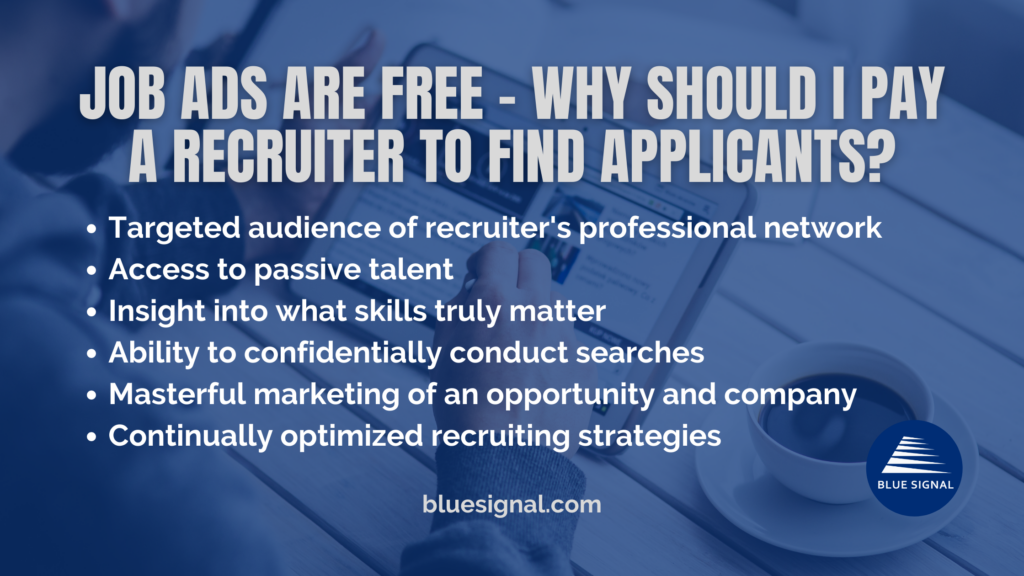Power Partner Awards highlight B2B partners that support startups across all business functions and empower growth.
Inc. Business Media today announced the inaugural Power Partner Awards, honoring B2B organizations across the globe that have proven track records supporting entrepreneurs and helping startups grow. The list recognizes 252 firms in marketing and advertising, health and human resources, financial planning, engineering, logistics, and security, as well as other areas of business.
All 252 companies received top marks from clients for being instrumental in helping leaders navigate the dynamic world of startups. These B2B partners support entrepreneurs across various facets of the business, including hiring, compliance, infrastructure development, cloud migration, fundraising, etc., allowing founders to focus on their core missions.
“Trusted B2B partners provide guidance and expertise that founders rely on at various steps of their organization’s journey. Partners that possess a demonstrated ability to deliver quality support are at the core of entrepreneurship and help bring big ideas to life,” says Scott Omelianuk, Editor-in-Chief of Inc. Business Media.
Blue Signal as a Power Partner
Blue Signal was built on the foundational principle of putting our clients' needs first. At Blue Signal, we’ve set out to disprove the negative industry reputation that has resulted from transactional recruiting methods. As a genuine partner in the process, we hope to make a long-lasting connection that benefits our clients’ organizations for a lifetime. From working directly with founders, entrepreneurs, and CEO’s, we’ve seen the importance of providing the extra muscle and additional expertise when it comes to hiring. We believe providing this white glove service to each one our clients is what sets us apart in the industry. Therefore, it is an honor to have our efforts recognized by being named a Power Partner by Inc. Business Media.
Power Partner Awards Methodology
Inc. partnered with leading global social and media intelligence platform, Meltwater to develop a proprietary methodology that uses sentiment from online conversations about organizations and translates it into numerical scores. Companies were evaluated on commitment, reliability, trust, creativity, supportiveness, and other virtues that offer value to clients. Inc. also conducted surveys to gather client testimonials as part of the process.
About Inc. Business Media
As the world’s most trusted business-media brand, Inc. offers entrepreneurs the knowledge, tools, connections, and community they need to build great companies. Its award-winning multiplatform content reaches more than 50 million people each month across a variety of channels including websites, newsletters, social media, podcasts, and print. Its prestigious Inc. 5000 list, produced every year since 1982, analyzes company data to recognize the fastest-growing privately held businesses in the United States. The global recognition that comes with inclusion in the 5000 list gives the founders of the best businesses an opportunity to engage with an exclusive community of their peers, and the credibility that helps them drive sales and recruit talent. The associated Inc. 5000 Conference is part of a highly acclaimed portfolio of bespoke events produced by Inc. For more information, visit www.inc.com.
About Blue Signal
Having successfully completed over 1,900 search projects, it’s no surprise that Blue Signal has the experience, relationships, and tools to achieve this massive growth. Additionally, our deep industry knowledge and streamlined search processes help clients to secure high-caliber talent within tight timeframes. As a top executive search firm, we have been a driving force in our clients’ professional successes. Therefore, we immerse ourselves in our client’s businesses and our candidate’s careers to fully understand top priorities and the best direction for both parties. Our reputation is built on our ability to consistently incorporate these priorities into each of our searches to make long-term, impactful connections.








